Only one company at the recent DAC conference and exhibit had a set of four interacting disciplines: Fluids, Structures, Electronics and Systems. Did you guess that the company was ANSYS? I get so IC focused at times that I almost forget that chips plug into boards, that boards become systems, and that systems drive and control mechanical… Read More
Electronic Design Automation
Improve RTL Physically for Design Quality & Convergence
The SoC design teams are usually divided between front-end and back-end specialties. It is neither practical nor advisable to combine the two teams in order to better tackle the back-end issues upfront during the front-end design. However, a common problem is that the issues at the layout stage have very little scope for resolution… Read More
Conquering the Next IoT Challenges with FPGA-Based Prototyping
The need for ever-connected devices is skyrocketing. As I fiddle with my myriad of electronic devices that seem to power my life, I usually end up wishing that all of them could be interconnected and controlled through the Internet. The truth is, only a handful of my devices are able to fulfill that wish, but the need is there and developers… Read More
Which High B/W Memory to Select after DDR4?
Once upon a time, RAM technology was the driver of the semiconductor process. DRAM products were the first to be designed on a newest technology node and DRAM was used as a process driver. It was 30 years ago and the most aggressive process nodes were ranging between 1um and 1.5 um (1 500 nm!). Then in the 1990 the Synchronous Dynamic … Read More
Tackling Layout Gradient Effects in 16 nm FinFET using Layout Automation
My first exposure to automating IC layout was back in the 1980’s at Intel where I coded a layout compiler to auto-generate about 6% of a graphics processor chip. The need to use automation for IC layout continues today, and with the advent of FinFET technology there are some new challenges like layout gradient effects that … Read More
Updates for Effective Collaboration
Managing any design data management system requires a policy on how often users should be submitting their changes to the central repository. If users commit frequently with less local testing then other users will more likely see errors. If commits are done less often, but with better testing, then other users are protected from… Read More
Power Management Gets Tricky in IP Driven World
Today, an SoC can have multiple instances of an IP and also instances of many different IPs from different vendors. Every instance of an IP can work in a separate mode and requires a dedicated power arrangement which may only be formalized at the implementation stage. The power intent, if specified earlier, will need to be re-generated… Read More
Circuit Simulation Update from #52DAC
Actual users of circuit simulators told their design and simulation stories at DAC during a luncheon sponsored by Synopsys on June 8th. I always prefer to hear from a design engineer versus a marketing person about what tool they use for circuit simulation, and how it helps them analyze their design goals. This year there were engineers… Read More
Why Automotive IP Portfolio is not just IP
Synopsys is launching a broad IP portfolio to support SoC development dedicated to emerging automotive complexes functions, like Driver Assistance (ADAS), Driver Information, Vehicle Network or Infotainment. I was never involved into IC design for Automotive, but I have designed ASIC for avionics (CFM56 motor control) or… Read More
Trends in Automotive Electronics at #52DAC
The coolest and most expensive car at DAC this year had to be the McLaren P1, priced at $1,150,00 and powered by a 903 hp gas/electric hybrid. Electronics are used in autos to provide safety features, infotainment, motor control and performance.
Also at DAC this year there was an Automotive Village with more cars and experts from … Read More


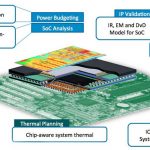
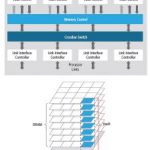
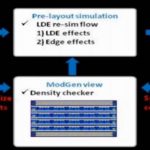
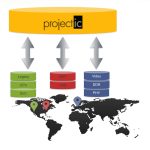
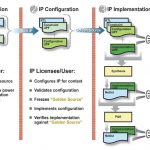
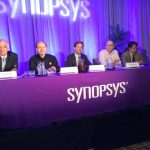


TSMC vs Intel Foundry vs Samsung Foundry 2026